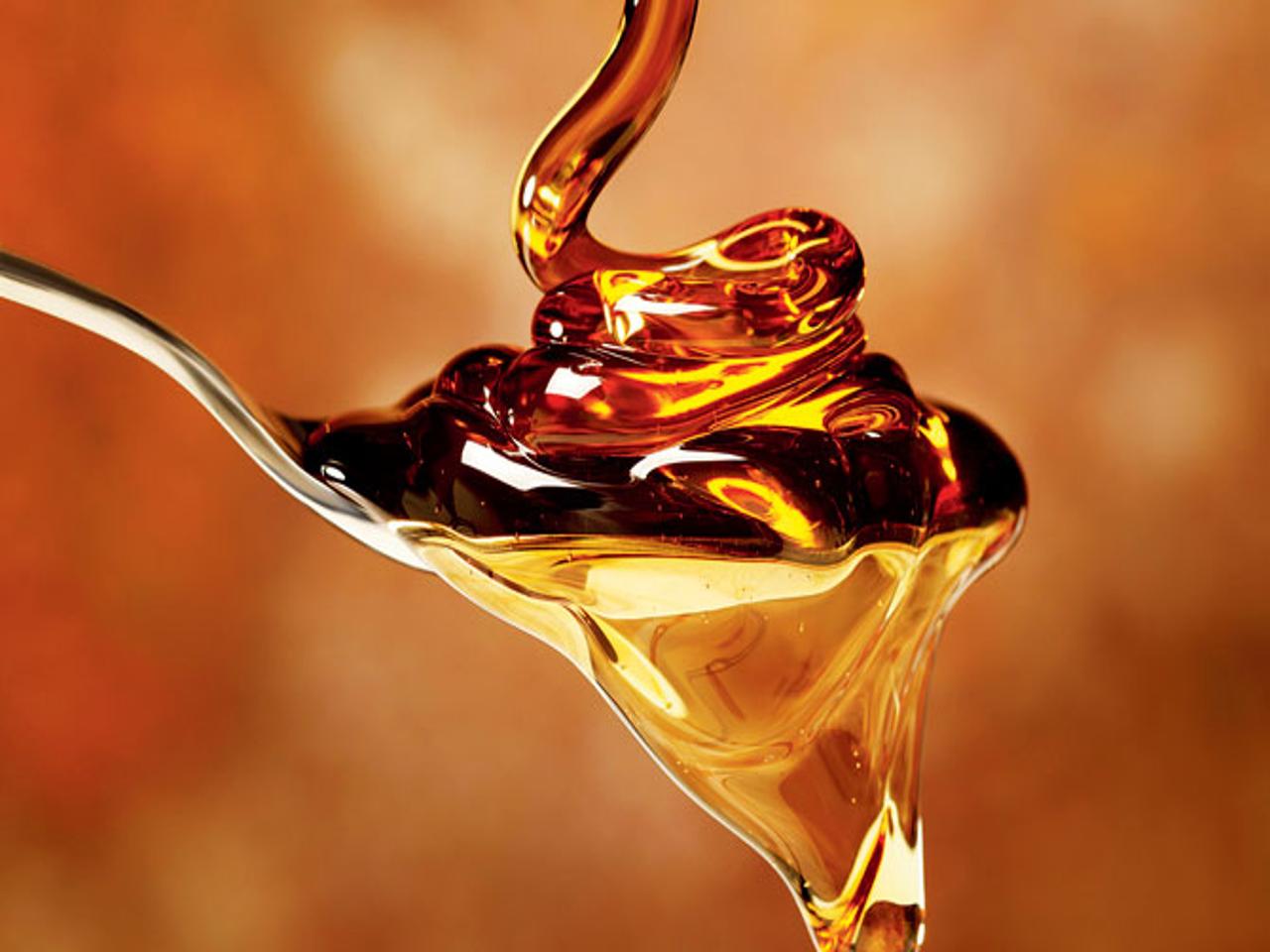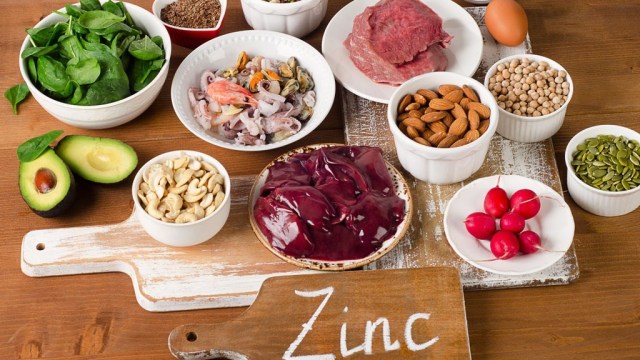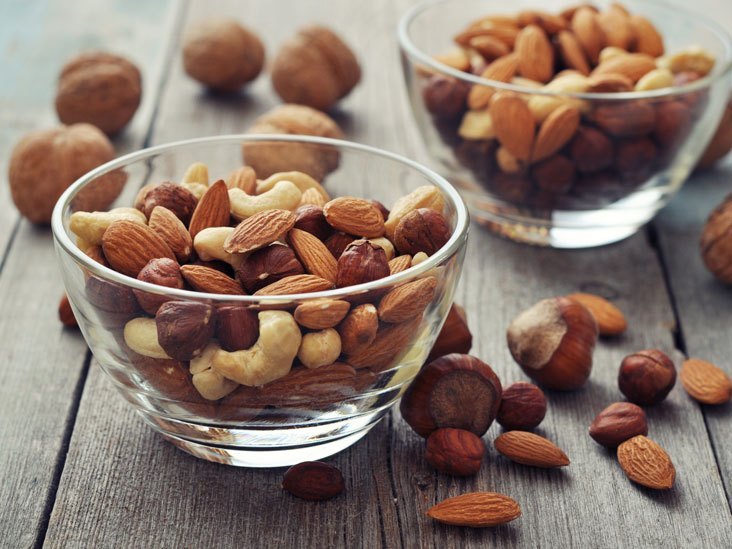What Are Allergies?
Seasonal allergies are the plague of many who love the great outdoors. They usually begin in February and last until August or September. Seasonal allergies occur when plants start to produce pollen. Pollen is a powder-like substance that helps plants make seeds and reproduce.
People can inhale pollen, which leads to seasonal allergies. The allergies occur when the body perceives the pollen as a foreign invader, similar to a bacteria or virus. In response, the body mounts an attack. This results in symptoms such as:
- sneezing
- watery and itchy eyes
- a runny nose
- sore throat
- coughing
- headaches
- trouble breathing
There are over-the-counter treatments available for seasonal allergies, but many people prefer natural treatments instead. One example rumored to help with seasonal allergies is local honey. Local honey is raw, unprocessed honey made close to where you live. This honey is rumored to help allergies, but scientists and doctors are skeptical.
Why Is Honey Believed to Help Allergies?
The idea behind honey treating allergies is similar to that of a person getting allergy shots. But while allergy shots have been proven to be effective, honey hasn’t. When a person eats local honey, they are thought to be ingesting local pollen. Over time, a person may become less sensitive to this pollen. As a result, they may experience fewer seasonal allergy symptoms.
It’s true that bees pollinate flowers and make honey. But the amounts of pollen from the environment and plants are thought to be very small and varied. When a person eats local honey, they have no guarantee how much (if any) pollen they’re being exposed to. This differs from allergy shots that purposefully desensitize a person to pollen at standard measurements.
What Research Has Been Conducted Regarding Honey and Allergies?
One study examined the effect of pasteurized honey on allergy symptoms compared to local honey. The results showed that neither group who ate honey experienced relief from seasonal allergies.
However, a different study found that honey eaten at a high dose did improve a person’s allergy symptoms over a period of eight weeks.
These studies have conflicting results and small sample sizes. This makes it hard to determine if local honey could reliably help a person reduce their seasonal allergy symptoms. Larger-scale studies are needed to confirm or recommend a certain amount of honey.
What You Should Know Before You Use Honey as a Treatment
Doctors and researchers haven’t recommended a certain amount of honey a person should eat each day to relieve their seasonal allergy symptoms. Plus, there are no guarantees how much pollen may be in a serving of local honey.
Note that you should not give honey to children under the age of 1. This is because raw, unprocessed honey has a risk for botulism in infants. Also, some people who have a severe allergy to pollen can experience a serious allergic reaction known as anaphylaxis after eating honey. This can cause extreme difficulty breathing. Others may experience allergic reactions such as itching or swelling of the mouth, throat, or skin.
Conclusions on Honey and Allergies
Honey hasn’t been scientifically proven to reduce allergies. However, it can still be a tasty alternative to sugary foods. Some people also use it as a cough suppressant. If you have seasonal allergies, you may need to look for a medically proven treatment. Examples include over-the-counter allergy medicines or simply avoiding going outside as much as possible.





